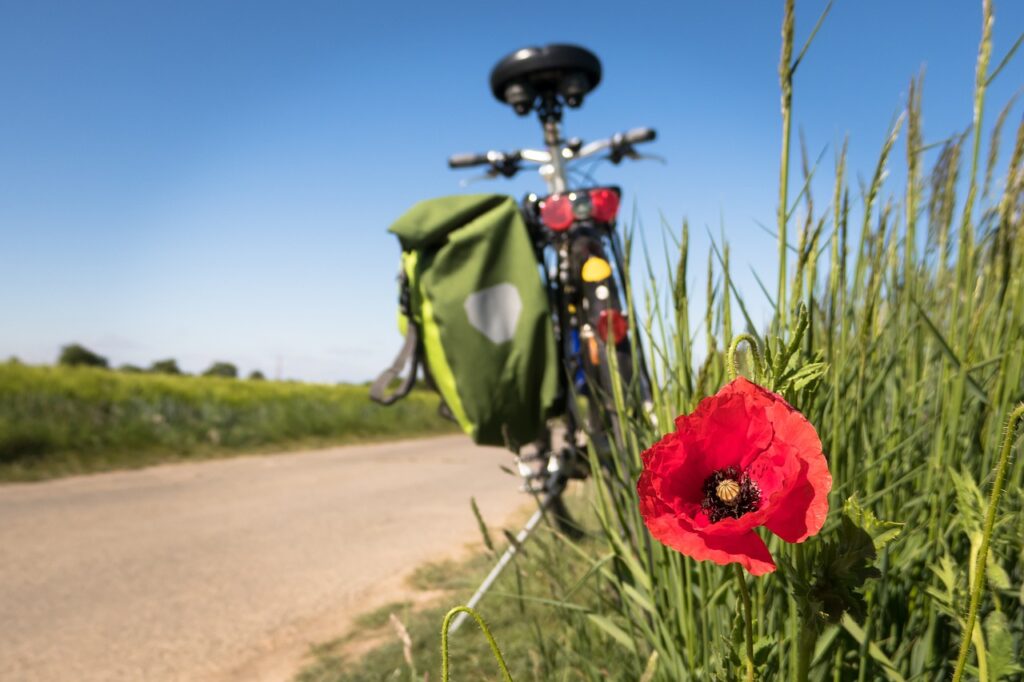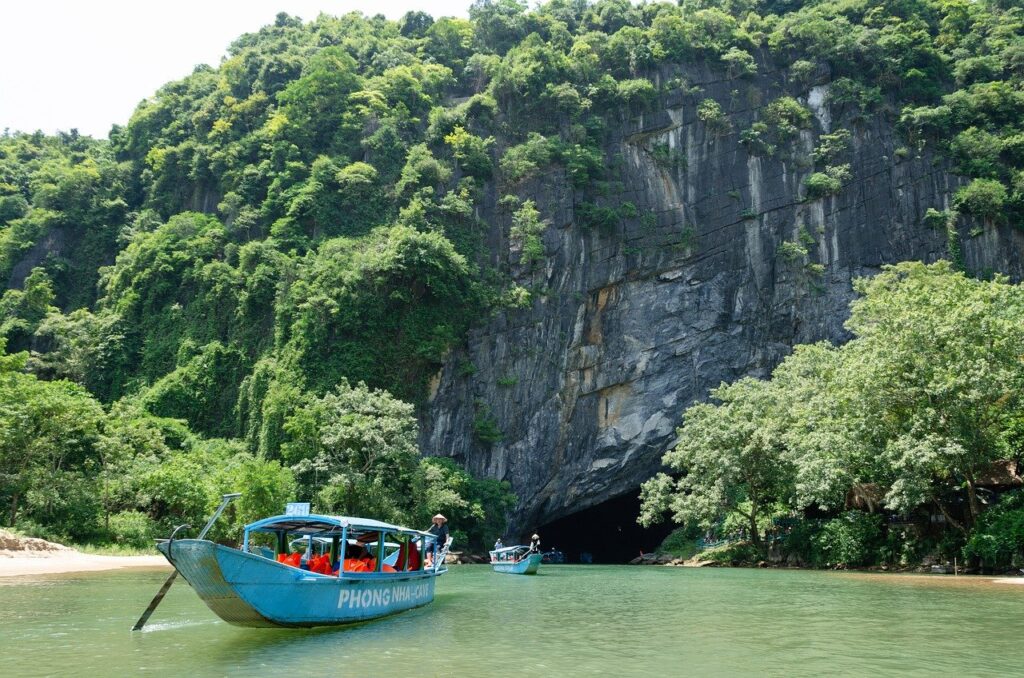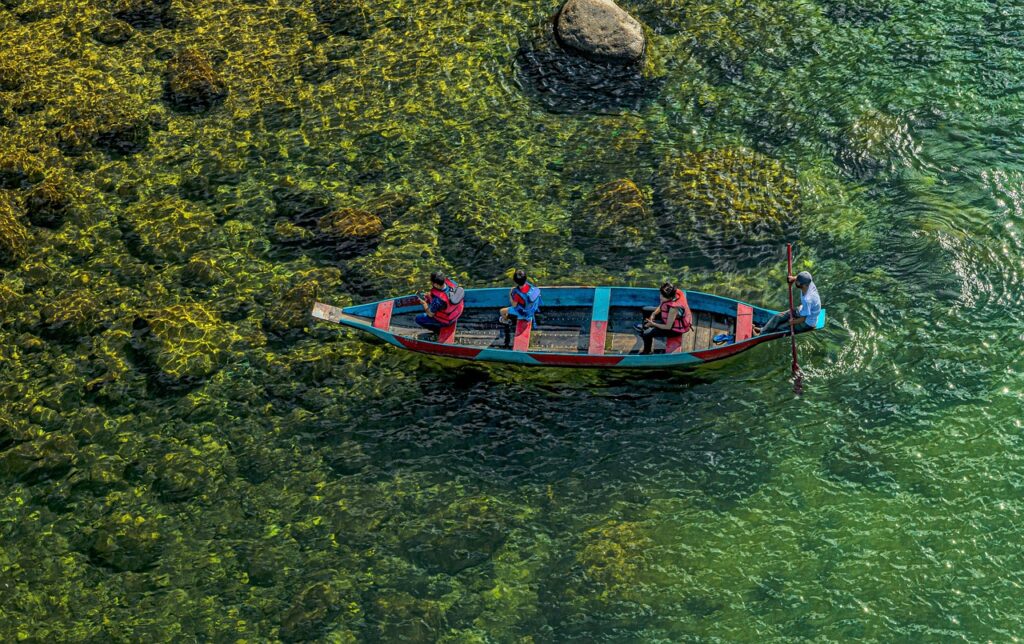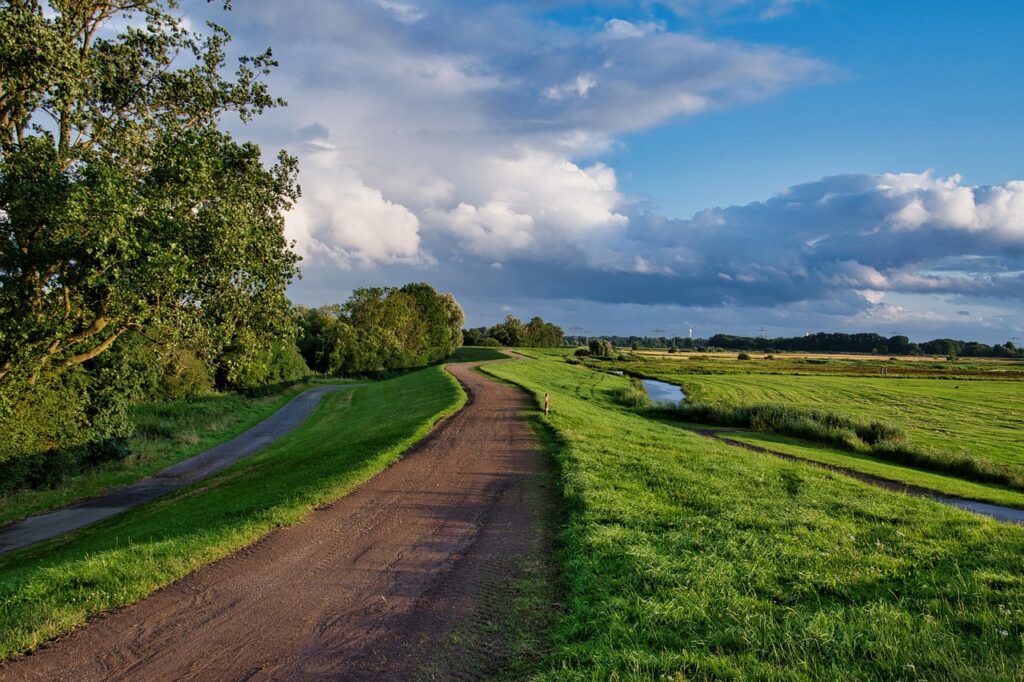In our Instagram-driven culture, family vacations have become elaborate productions designed more for social media than genuine connection. While exotic destinations and luxury resorts certainly have their appeal, the most transformative family experiences often happen much closer to home. Here’s why choosing simple nature breaks and frugal adventures might be the best investment you can make in your family’s wellbeing and your children’s development.

1. Building Real-World Problem-Solving Skills
When you’re camping in the mountains and your tent zipper breaks, or hiking a trail and take a wrong turn, your children witness real problem-solving in action. Unlike resort vacations where every inconvenience is handled by staff, nature trips require creativity, adaptability, and resourcefulness. Children learn that challenges aren’t disasters—they’re opportunities to think, collaborate, and discover inner resilience. These skills transfer directly to handling school problems, friendship conflicts, and future life challenges.
2. Fostering Deep Family Connection
Without WiFi, room service, or scheduled entertainment, families on nature trips actually talk to each other. Long car rides become storytelling sessions, campfire evenings turn into memory-making conversations, and hiking trails provide uninterrupted time for genuine connection. When there’s nothing to do but be together, families rediscover the art of simply enjoying each other’s company without external distractions competing for attention.
3. Teaching the Value of Money and Conscious Spending
Frugal trips teach children that joy doesn’t correlate with expense. When a day at a local lake brings as much laughter as an expensive theme park, children internalize the difference between price and value. They learn to find pleasure in simple experiences and understand that meaningful adventures don’t require maxing out credit cards. This foundation helps them make wiser financial decisions throughout their lives.
4. Developing Appreciation for Local Beauty
How many parents spend thousands to show their children foreign landscapes while ignoring the natural wonders in their own region? Local nature breaks teach children to notice and appreciate the beauty that surrounds them daily. They develop a sense of place, connection to their home environment, and understanding that you don’t need to travel far to find wonder. This appreciation often extends to caring more about environmental conservation and community engagement.

5. Building Physical Resilience and Confidence
Nature trips naturally involve physical challenges—hiking uphill, swimming in natural water, setting up camp, or navigating rocky trails. Unlike controlled resort activities, these challenges are real and variable. Children build genuine physical confidence as they discover they can handle discomfort, push through fatigue, and accomplish things they initially thought were too difficult. This physical resilience builds mental toughness that serves them in all areas of life.
6. Learning Environmental Stewardship
When children experience nature directly—sleeping under stars, drinking from mountain streams, watching wildlife in their natural habitat—they develop visceral connections to the environment. They understand that these places need protection because they’ve experienced their magic firsthand. This creates environmental stewards rather than just environmental advocates, children who care about conservation because they’ve felt nature’s value in their bones.
7. Reducing Entitled Attitudes and Building Gratitude
Luxury vacations can inadvertently foster entitlement, teaching children to expect high-end accommodations and constant entertainment. Simple nature trips do the opposite—they teach appreciation for basic comforts. After sleeping in a tent, children genuinely appreciate their beds at home. After cooking over a camp stove, they’re grateful for the family kitchen. This contrast builds lasting gratitude rather than escalating expectations.
8. Creating Authentic, Unfiltered Memories
The best family stories rarely come from perfect resort days but from the unexpected moments on simple trips—getting caught in a rainstorm, discovering a hidden waterfall, watching their first sunrise from a mountaintop, or laughing together when everything goes wrong. These authentic experiences create rich family narratives that children will share with their own families decades later. Curated resort experiences simply can’t compete with the storytelling power of genuine adventure.
9. Developing Independence and Self-Reliance
On nature trips, children learn practical skills that build genuine independence. They help set up camp, gather firewood, navigate trails, and contribute meaningfully to the family’s success. Unlike resort vacations where they’re passive recipients of service, they become active participants in their own adventure. This builds confidence and capability that extends far beyond the trip itself.
10. Modeling Sustainable and Mindful Living
In a world of excess and consumption, choosing simple pleasures over expensive luxuries teaches children powerful lessons about what truly matters. When families prioritize experiences over expense, connection over comfort, and adventure over amenities, they model values that create more fulfilled and less materialistic adults. Children learn that happiness comes from relationships, experiences, and personal growth rather than external validation or luxury consumption.

Making the Most of Nature Breaks
The beauty of nature trips lies in their simplicity, but that doesn’t mean they require no planning. Research local parks, hiking trails, lakes, and camping areas. Start with day trips to build comfort and confidence before attempting overnight adventures. Pack appropriately but resist over-packing—part of the value comes from learning to make do with less.
Addressing Common Hesitations
“But my children want to see the world!” The world includes the natural wonders in your region. Children who learn to appreciate local beauty develop the observation skills and sense of wonder that will enhance their appreciation of distant places when they’re older and can truly understand them.
“Nature trips seem uncomfortable.” They are, sometimes. That’s part of their value. Comfort zones are called that for a reason—growth happens when we step outside them. The discomfort is temporary, but the confidence and resilience are permanent.
“We can afford luxury trips, so why shouldn’t we?” Because the goal isn’t to save money but to raise resilient, grateful, connected children. Money can buy comfort, but it can’t buy character. The most precious gift you can give your children isn’t expensive experiences but the skills, values, and family bonds that will enrich their entire lives.
The Long-Term Investment
When your children are adults, they won’t remember the thread count of resort sheets or the fancy restaurants you visited. They’ll remember the night you all slept under the stars, the morning you woke up to deer grazing near your campsite, and the feeling of accomplishment when they reached the summit of their first mountain. These memories become the foundation of their identity and the stories they’ll tell their own children.
Choose experiences that build character over comfort, connection over convenience, and resilience over luxury. Your future adult children will thank you for the gift of knowing they can find joy in simple pleasures and handle whatever challenges life brings their way.
What are your favorite simple family adventure memories? Share your nature break experiences in the comments—I’d love to hear how these trips have shaped your family’s story.

